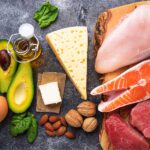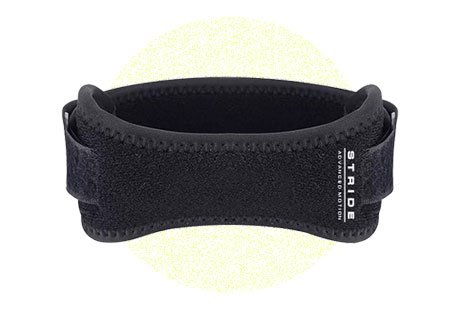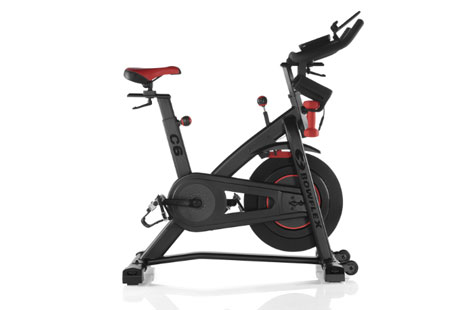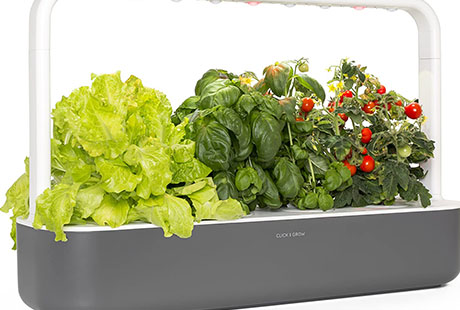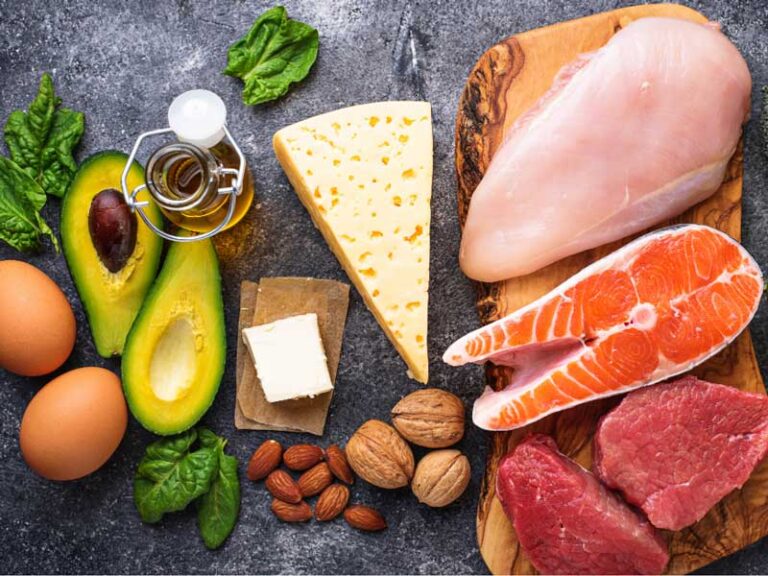The ketogenic diet or, for short, the keto diet is a low carb, high fat eating plan offering multiple health benefits, while lowering the risk of disease, accelerating metabolism and helping dieters lose weight.
There are several versions of the keto diet: the Standard ketogenic diet, the Cyclical ketogenic diet, the Targeted ketogenic diet and the High protein ketogenic diet. The Standard keto diet is the most extensively studied and used.
By drastically reducing carbohydrate intake and replacing it with healthy fats, the body will reach a metabolic state called ketosis and fat will be used for energy. Another benefit is that the resulted ketones stored in the liver will supply more energy for the brain and for the entire system. In just a few words, a low carb diet will, after some time, get you more energy when compared to a high carbohydrates intake diet, so widely spread these days.
When reaching ketosis, your body will start showing some specific signs: increased thirst, dry mouth sensation, frequent urination and decreased appetite. Available blood, urine and breath tests can help determine either a dieter has entered ketosis or not. It is also important to know that intermittent fasting can induce ketosis faster.
Another advantage of the ketogenic diet is that individuals can lose weight without having to count calories or track food intake. Moreover, the keto diet was found to be more effective in the long term when compared to other weight loss diets. As a significant plus, this type of dieting was proven by multiple studies to lower risk factors for severe disease.

Foods to avoid: limit or stop intake of carb-based ingredients, such as sugary foods and drinks, plain grain, starches, beans, legumes, root vegetables, low fat or unhealthy fat products, alcohol.
Foods to eat: meat, fatty fish, eggs, butter, cream, cheese, nuts and seeds, healthy oils, avocados, low carb vegetables.
Tips and tricks:
Starting a ketogenic diet can be challenging. However, there are several tips and tricks that you can use to make progress easier.
Familiarize with keto food, check out labels, choose favourite ingredients and build custom menus.
Follow food blogs and websites for best recipes and meal ideas.
Plan your meals in advance.
Find keto-friendly delivery services in your area, if you do not cook at home.
Bring your own food to parties and family meetings.
Bottom line, the ketogenic diet can be great for people who aim to lose weight in a healthy way while gaining energy and avoid chronic disease. In addition, the keto diet can improve metabolic health, helps build lean muscle mass and boosts mood.
*Speak with your doctor in order to decide if a keto eating plan suits your lifestyle, preferences and health levels.
